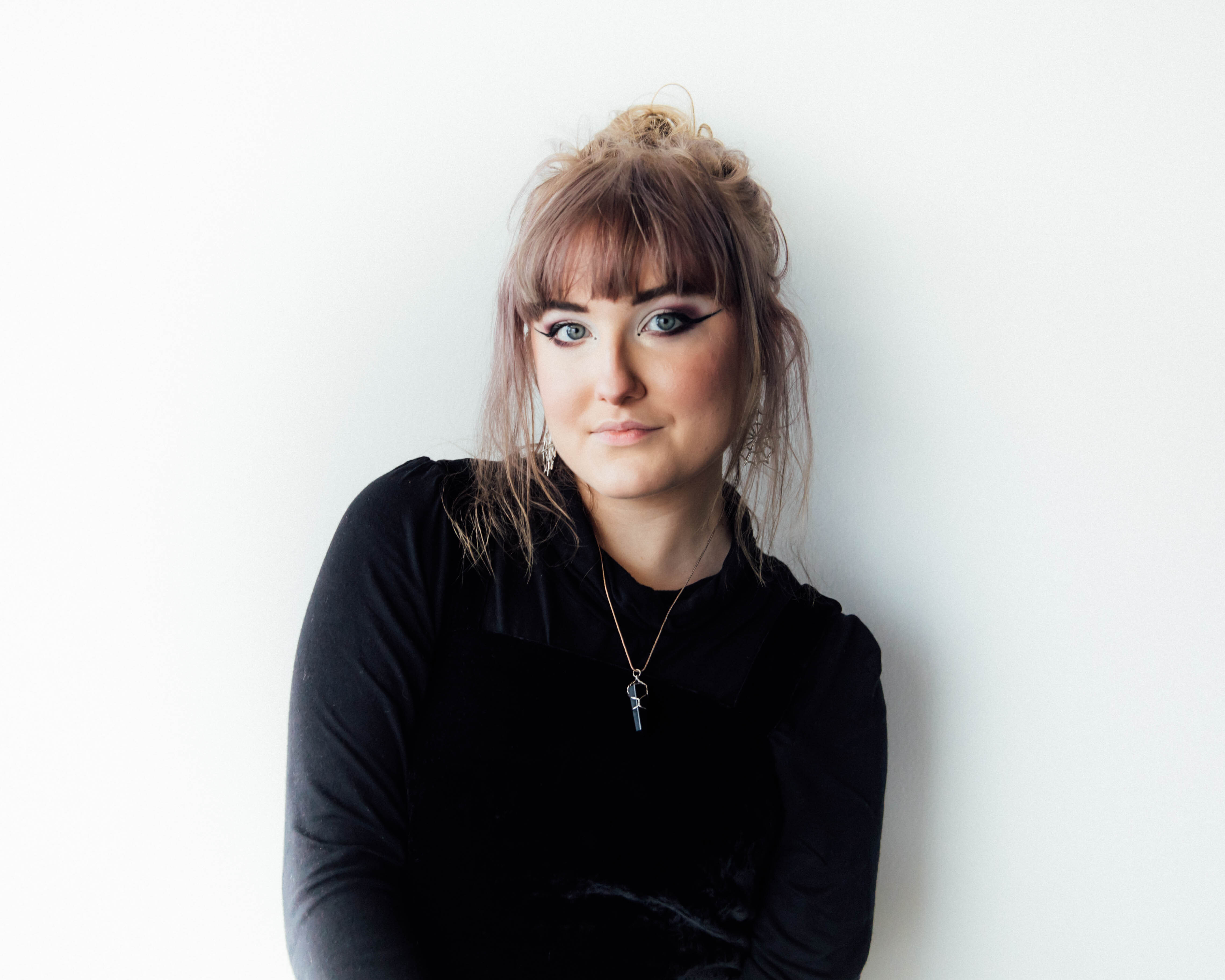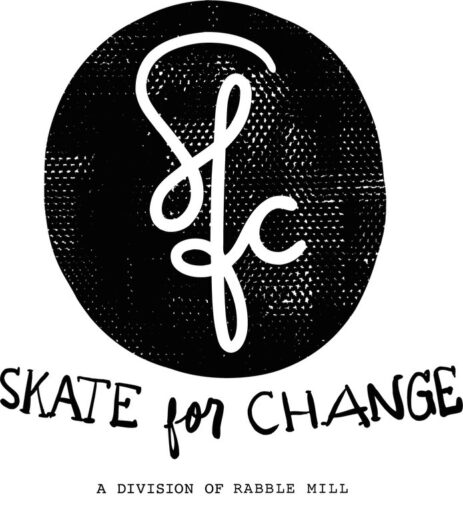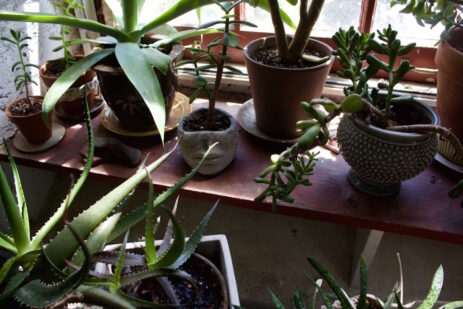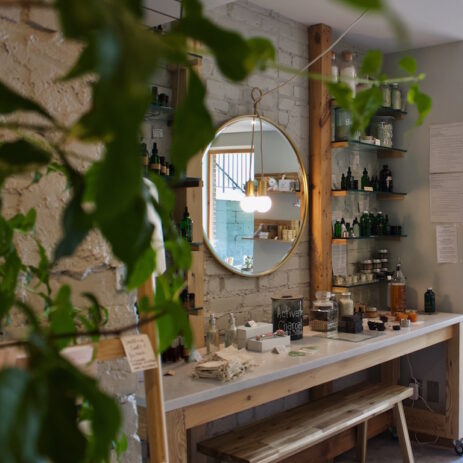El artículo en Español: Evitando los Juegos Olímpicos de Activismo
From walls adorned with political posters to campaign merchandise stacked in the back corner, anyone would be able to recognize 19-year-old Carter Yost’s passion and dedication for political activism, even when looking through a screen sixty miles away.
For Yost, the journey to fully committing to political activism began at home in Lincoln. After realizing that he wanted to do more than simply talk about a local mayor’s race, he understood that he needed to take a more direct approach to his activism.
It started with local mayor and city council races, but when stumbling upon Mayor Pete Buttigieg’s campaign for the 2020 presidential election, the Lincoln native had the innate feeling that this was what he was supposed to do. After traveling to various states with the campaign until Buttigieg announced the end of his race in March, Yost returned to local politics and currently is on a Nebraska Congressional candidate’s campaign team.
With a lively energy that could still be felt between two screens during our virtual meeting, Yost shared with me why young people may be hesitant to become politically active along with how they can recognize voter suppression tactics and take some beginner steps in political activism.
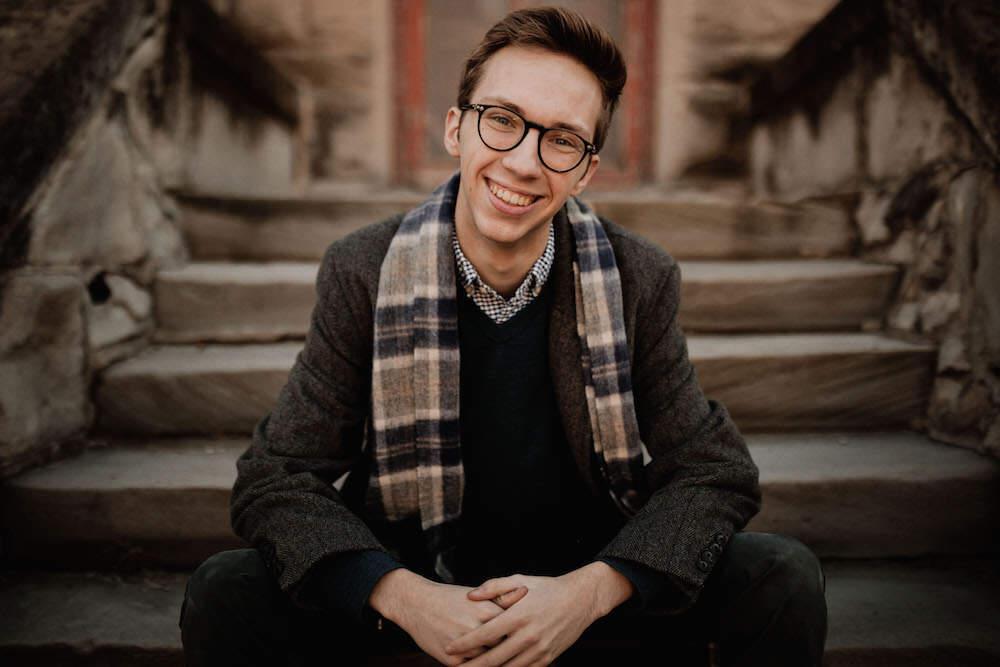
How do you distinguish between purposeful performance in politics and performance activism?
There's a lot of intersectionality between the performance and theatrics of [politics and theater]. I think at a deeper level, part of what we see in terms of the point at which politics and performance meet each other is just about emotions and about storytelling. How do we talk about the humanity within this and make it be about narratives? I think the first thing when exploring candidates is does this feel like this is about them or does this feel like this is about everybody else? In terms of performance activism it's messy.
I have a lot of respect for anybody who says: what can I do to make somebody else's life better? Even just to get to that step, which I think for a lot of us feels kind of elementary, is an important point in progress. If we can get everybody right now to say ‘what can I do for somebody else’, we will have created a system that is nothing like anything we've seen before. We have created for ourselves the scale of whether or not something is real and whether or not something gets to count. At the end of the day, if you're doing something for somebody else and it's not about you, I think that counts. No one's ever going to win in the Olympics of activism.
So, why do you think there is such a low percentage of voter turnout, especially among young people like you and me?
Because we haven't seen it work. I am 19 and almost never in the time that I have been even vaguely tuned into the political world have I been like, ‘That's how it's supposed to operate.’ Even if we look at the major progressive accomplishments of the last two decades, we can fit it in a relatively small one page memo.
There's a dissonance between what politics is, what government is, and what helping people is. I think it's just that it's taken a long time, understandably, for people to see themselves in the picture with campaigns [and] candidates. Part of the message is, just because things have been this way for a really long time doesn't mean, by any standard, that they have to continue, so long as we're willing to work to change it. [...] Across the country, we're seeing young, excited people step up to the plate because it just feels like that’s what we need to do. We can either say, “I guess it's just not going to work,” or we can say, “It hasn't worked yet, so let's make it work this time.” Maybe that sounds slightly naive and slightly idealistic. My argument would be there is no better time to be phenomenally idealistic about what our country can look like than when a new generation is doing everything they can to rise to power, not in a power hungry way, but in a sense of community investment. For my generation, you know, this is our first one or two elections.
What is voter suppression and how can we recognize it?
It's not anything new, but it also isn't anything old, right? I think a lot of us have the idea of voter suppression being this thing that existed in the 1960s and just sort of went away because we passed the Voting Rights Act. Voter suppression is when a group of people generally in power try to stay in power by making sure that people who don't like them don't vote. It's the concentration of power among a select small group of people who are really desperate to hold on to it. The way they do that, instead of doing good work and convincing people to vote for them, is just by making sure people don't vote at all. There's been a really scary resurgence, especially in the last seven years. Basically what we're seeing is modern day variations of what we saw during the Civil Rights era. I think we’re seeing a reflection of what we saw 60 years ago, which is people realizing or maybe not even realizing for the first time, that the system was intentionally built to make sure that not everything was fair. We've got examples across the country of voter rolls being purged or the restriction of how many ballot sites there are, particularly in low income and minority communities.
What would be some good first beginner steps for someone who wants to get engaged in political activism?
I think it's slightly different for everybody. [...] But, if you've gotten to the point where you say, “I got to do more,” first of all, know that you are not alone. You're actually in the majority of people who have very recently realized or come to the conclusion that your individual action has more than an individual impact. If that's where you're at - and I hope that you are - great! If you aren't there yet, spend twenty minutes online and find something that inspires you to get engaged. You know, there's a few first steps. Part of it is to get registered to vote, right? You are ensuring that you have the capacity to participate in democratic elections. It's a really simple thing. It takes 20 seconds. But it's an important step.
Part of what we need to do is talk to people we know. Engagement dies because folks feel like it doesn't impact them. So if we talk to our friends, if we talk to our family, if we go on Facebook, we go on Instagram, we go to somebody's door and we say, “Hey, I need you to vote because it impacts you and it impacts me,” that's how we get more people to engage.
